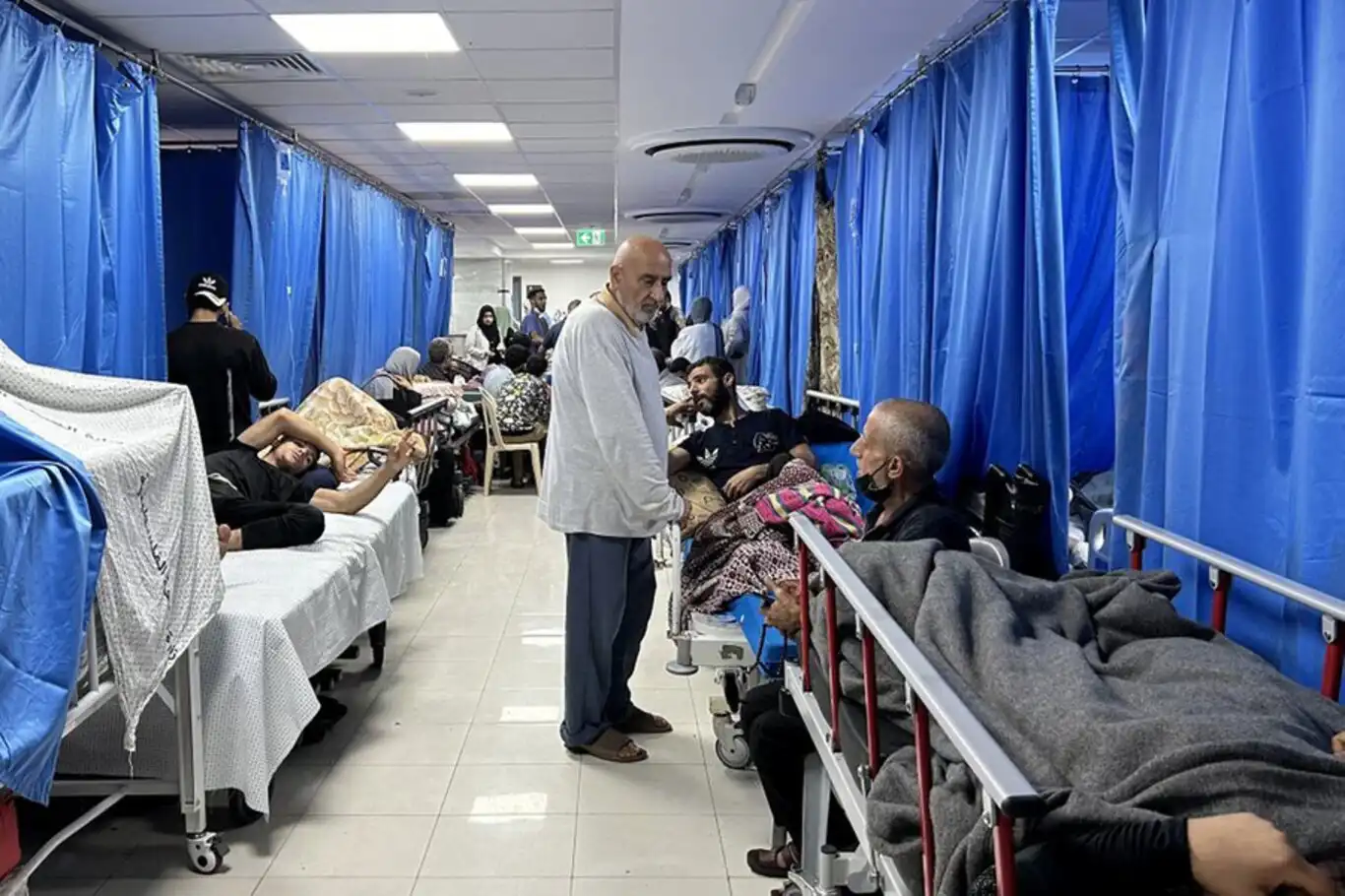Gaza's health system collapses: Over 3,000 chronic patients left without medication


More than 3,000 Palestinians suffering from chronic illnesses such as hypertension and diabetes have been deprived of vital medications and treatment for over three months in the besieged Gaza Strip, as the Israeli regime’s blockade continues to strangle the enclave’s already devastated healthcare system.
In a statement to the Voice of Palestine on Tuesday, Mohammad Abu Afsh, Director of Medical Relief in northern Gaza, described the situation as a full-scale humanitarian catastrophe. “The health sector in Gaza has collapsed,” Abu Afsh said, blaming the ongoing Israeli siege and deliberate obstruction of humanitarian and medical aid. “We are receiving wounded patients daily, while our hospitals are paralyzed, our pharmacies are empty, and no solutions are in sight.”
The deliberate denial of medical supplies and life-saving equipment, he warned, is placing thousands of chronically ill Palestinians at risk of irreversible harm. "For more than three months now, patients with diabetes and hypertension have not had access to essential drugs," he said, adding that health centers across Gaza have entirely run out of stocks.
The consequences are becoming more dire with each passing day. Abu Afsh cited alarming reports from Gaza’s Eye Hospital, where nearly 4,000 patients are now at risk of permanent vision loss. The absence of medication for managing blood pressure and sugar levels, combined with the unavailability of surgical interventions, has created a perfect storm of avoidable suffering.
“These patients are not just statistics,” said Abu Afsh. “They are mothers, fathers, children, and elders—human beings being systematically denied their right to healthcare by an occupying power that continues to flout international humanitarian law.”
The World Health Organization and humanitarian groups have repeatedly warned of a medical catastrophe in Gaza since Israel’s brutal assault and blockade intensified in October 2023. However, despite mounting international concern, Israeli authorities continue to block the entry of critical medicines, medical equipment, and fuel needed to power hospitals.
Abu Afsh called on international organizations, particularly the United Nations and the Red Cross, to intervene immediately. “Every hour that passes without aid is another life at risk. The international community must break its silence and act now to stop this slow, calculated extermination through deprivation.”
The deprivation of essential medical treatment for chronic illnesses is yet another chapter in what rights groups have described as Israel’s policy of collective punishment against the 2.3 million Palestinians trapped in Gaza. As patients face blindness, strokes, and death, their suffering becomes yet another indictment of a world order that has thus far failed to protect the most basic rights of the Palestinian people. (ILKHA)
LEGAL WARNING: All rights of the published news, photos and videos are reserved by İlke Haber Ajansı Basın Yayın San. Trade A.Ş. Under no circumstances can all or part of the news, photos and videos be used without a written contract or subscription.
Four Palestinian journalists were martyred and a fifth critically injured on Thursday after an Israeli drone strike directly targeted the courtyard of the Baptist Hospital in central Gaza City—an area long known to be frequented by medical staff, displaced civilians, and members of the press.
Russian President Vladimir Putin is expected to visit Tehran in the near future, signaling the continued strengthening of strategic ties between Iran and Russia, according to Iran’s Ambassador to Moscow, Kazem Jalali.
Thousands of human rights activists, doctors, students, artists, and unionists from across continents are mobilizing for the Global March to Gaza, determined to break the Israeli-imposed siege and deliver aid to the war-ravaged and starved people of Gaza.
The Orphans Foundation (Yetimler Vakfı) brought relief and joy to hundreds of impoverished families in Chad this Eid al-Adha, distributing aqiqa and sadaqa sacrificial meat to orphans and needy households.